.webp)
Published on
March 18, 2025
What is Hawala? Definition, Legality, Transaction Process, and Challenges
In this story

Comply quickly with local/global regulations with 80% less setup time
.svg)
.svg)
Curious about what is Hawala? Are you wondering if Hawala is legal or not? In this article, we'll start by answering the basic question: "What is Hawala?" From there, we'll break down the process of a Hawala transaction, explaining how it works in straightforward terms. We’ll also touch on the association between Hawala and money laundering. Finally, we'll highlight the challenges Hawala businesses face regarding compliance.
What is Hawala?
Hawala is an informal and traditional method of transferring money without physical movement. The term originates from the Arabic word "transfer" or "wire."
In a Hawala transaction, two main parties are involved: the sender and the recipient. Instead of physically moving funds, a network of trusted intermediaries called “Hawaladars” facilitates the transfer. This system operates on trust, speed, lower costs, and relative anonymity, making it preferred by participants over formal banking channels.
Hawala involves a client handing cash to a local Hawaladar (broker) for transfer. The Hawaladar, often part of a close-knit community, contacts another Hawaladar in the recipient's area to inform them of the transaction. The recipient collects the funds locally, and settlements between Hawaladars involve offsetting transactions, balancing ledgers, or using other financial arrangements.
While Hawala provides advantages, it has been associated with informal and illegal activities, raising concerns about money laundering and other financial crimes. Regulatory authorities in some countries closely monitor and regulate Hawala activities.
How Does Hawala Transaction Work?
A Hawala transaction works through a series of steps involving two main parties, the sender and the receiver, facilitated by Hawaladars (Hawala brokers). Here's an overview of how a Hawala transaction typically operates:
- Initiation: The sender (person in country A) approaches a local Hawaladar (Hawaladar A) to arrange for remittance to a contact in another country (country B). This contact is often a family member or someone known to the sender.
- Payment to Hawaladar A: The sender pays Hawaladar A in cash, including the amount to be sent and a commission fee for the Hawala service. The commission is typically a percentage of the transferred amount, ranging from 0.5% to 7%, depending on factors like destination, amount, and currency type.
- Contacting Hawaladar B: Hawaladar A communicates with a Hawaladar counterpart in the recipient's country (country B) – Hawaladar B. This counterpart is usually located near the receiving person, often in the same city.
- Disbursement to Receiver: Hawaladar B is arranged to disburse the funds to the receiving person in country B. The funds are often released in the local currency of country B.
- Code Generation: To complete the transaction, Hawaladar A provides the sender with a code, which serves as a secure identifier for the transaction.
- Code Presentation: The sender shares the code with the receiver in country B. Hawaladar B then releases the funds to the receiver upon verifying the code.
- Identity Verification (Optional): Depending on factors such as the country, transaction amount, and customer history, the receiver may be asked to present proof of identity.
- Trust-Based Settlement: Hawaladar B trusts that Hawaladar A will repay them the transferred amount and their share of the commission at a later point. This mutual settlement is known as 'account settlement.'
Pros and Cons of Hawala Transactions
In this section of the article, we will give a comprehensive overview of the advantages and disadvantages of Hawala transactions.
Pros of Hawala Transactions
Below are some advantages of Hawala transactions:
- Speed: Hawala transactions are often quicker compared to traditional banking systems, providing faster fund transfers.
- Lower Costs: The fees associated with Hawala transactions are typically lower than those charged by formal banking channels, making it a cost-effective option.
- Anonymity: Hawala transactions can be conducted with a degree of anonymity, as they often do not require extensive documentation or disclosure of personal information.
- Accessibility: Particularly in regions with limited access to formal banking services, Hawala provides a more accessible means of transferring funds.
- Flexibility: The Hawala system operates flexibly and informally, allowing for negotiations and personalized arrangements between Hawaladars and clients.
Cons of Hawala Transactions
Below are the disadvantages of Hawala transactions:
- Illegality Concerns: Hawala transactions have been associated with informal and illegal activities, raising concerns about money laundering, terrorism financing, and other financial crimes.
- Lack of Regulation: The absence of regulatory oversight makes Hawala susceptible to abuse and fraud, as there are no standardized rules governing transactions.
- Limited Recourse: Unlike formal banking channels, Hawala transactions may offer limited recourse in case of disputes or issues, as they operate outside legal frameworks.
- Risk of Fraud: Due to the informal nature of Hawala, there is a risk of fraud or scams, and clients may be vulnerable to unscrupulous Hawaladars.
- No Consumer Protections: Clients using Hawala may not benefit from the consumer protections and safeguards provided by formal financial institutions, making them more exposed to risks.
Comply quickly with local/global regulations with 80% less setup time
.svg)
.svg)
Hawala Transactions: An Illustrative Example
Meet Raj, an Indian expatriate working in Dubai. Raj wishes to send AED 2,000 to his sister Pooja, who resides in Mumbai. Opting for the efficiency of the Hawala system, Raj reaches out to a Hawaladar named Anwar in Dubai. Raj provides Anwar with the transaction details, including Pooja's name and a confidential phrase.
Simultaneously, Raj shares the secret phrase with Pooja. Anwar, in Dubai, contacts Sunita, a Hawaladar in Mumbai, through his network. Anwar instructs Sunita to meet with Pooja and deliver AED 2,000 upon correctly stating the secret phrase.
Pooja and Sunita meet, and the funds are successfully transferred based on the shared secret phrase. Sunita, in turn, reimburses herself AED 2,000 from her own account and now has a claim against Anwar in Dubai.
This real-life example mirrors the essential steps of a Hawala transaction and highlights the role of Hawaladars. Such transactions occur swiftly, often within a day, offering a rapid alternative to traditional banking methods.
However, the Hawala system operates independently of legal frameworks and is often deemed illegal in many countries due to the lack of regulatory oversight and the potential for misuse in illegal activities. The informal nature of Hawala transactions, the absence of proper documentation, and the potential for transactions to bypass formal financial regulations raise concerns among authorities.
Countries, especially those with stringent financial regulations, view Hawala with suspicion due to its association with money laundering, terrorism financing, and other illicit activities. As a result, regulatory bodies in several nations have taken measures to either tightly regulate or outright ban Hawala transactions to mitigate these risks and maintain control over financial systems.
It's important to note that while Hawala might provide convenience and speed in fund transfers, its unregulated nature and potential involvement in illegal activities have led many governments to classify it as an unlawful and high-risk financial practice.
The Intersection of Hawala and Money Laundering
Hawala, while an informal and traditional means of transferring money, has been associated with concerns related to money laundering. Here's how Hawala is connected to money laundering:
1. Lack of Regulatory Oversight
- Hawala operates outside the formal banking system, often without adherence to regulatory oversight and anti-money laundering (AML) measures.
- The absence of a structured regulatory framework makes it more challenging for authorities to monitor and control transactions.
2. Anonymity and Limited Documentation
- Hawala transactions are known for their minimal documentation requirements, providing a level of anonymity for participants.
- This lack of thorough documentation can facilitate the laundering of funds by making it harder for authorities to trace the source of money.
3. Informal Nature and Trust-Based System
- The Hawala system relies heavily on trust and operates on an informal basis within closely-knit communities or networks.
- Criminal entities may exploit this trust-based system to move and conceal illicit funds without leaving a significant financial trail.
4. Potential for Layering
- Money laundering often involves a process known as layering, where funds are moved through complex transactions to obscure their origin.
- The flexibility and speed of Hawala transactions may make it conducive to layering activities.
5. Cross-Border Transactions
- Hawala is frequently used for international money transfers, which can complicate efforts to track the movement of funds across borders.
- Criminal organizations may exploit this characteristic to engage in cross-border money laundering schemes.
6. Regulatory Responses
- Recognizing the risks associated with Hawala, some countries have implemented stricter regulations or outright bans on such transactions to combat money laundering activities.
- Authorities may require Hawaladars to register, follow reporting obligations, and comply with anti-money laundering measures.
7. Risk of Inadvertent Participation
- Individuals engaging in Hawala transactions may unknowingly become involved in money laundering schemes orchestrated by unscrupulous actors within the system.
Compliance Challenges for Hawala Businesses
Hawala businesses face several compliance challenges due to their informal and non-regulated nature. These challenges arise from the lack of structured regulatory oversight and adherence to formal financial regulations. Here are some key compliance challenges associated with Hawala:
1. Anti-Money Laundering (AML) and Know Your Customer (KYC) Requirements
- Compliance with AML and KYC regulations is challenging in Hawala due to the system's emphasis on trust and minimal documentation.
- Establishing the identity of participants and ensuring transparency in transactions becomes difficult.
2. Record-Keeping and Reporting Obligations
- Traditional financial institutions are subject to stringent record-keeping and reporting obligations, which may not be easily applied to the informal Hawala system.
- The lack of formal documentation hinders compliance with reporting requirements.
3. Cross-Border Challenges
- Many Hawala transactions involve cross-border transfers, making it challenging to adhere to international compliance standards.
- Differing regulatory approaches in various countries add complexity to cross-border transactions.
4. Operational Transparency
- Hawala's reliance on trust and informal agreements poses challenges in ensuring operational transparency, a crucial aspect of regulatory compliance.
- The lack of a transparent audit trail complicates efforts to monitor and regulate transactions.
5. Risk of Inadvertent Non-Compliance
- Participants in Hawala transactions may unintentionally engage in non-compliant activities due to the lack of awareness or understanding of regulatory requirements.
- The informal nature of the system can lead to inadvertent non-compliance by users.
6. Legal Enforcement Challenges
- Enforcing compliance and taking legal action against non-compliant Hawala operators can be challenging due to the system's clandestine and decentralized nature.
- The lack of a legal framework tailored for Hawala adds to enforcement difficulties.
7. Public Perception and Stigma
- Hawala's association with informal transactions and potential misuse in illicit activities creates a negative public perception.
- The stigma attached to Hawala businesses can hinder efforts to establish legitimacy and gain public trust.
8. Adapting to Evolving Regulations
- Hawala businesses may struggle to adapt to evolving financial regulations and compliance standards, especially in regions where regulatory changes are frequent.
- Staying abreast of regulatory developments becomes crucial for compliance.
9. Education and Awareness
- Lack of awareness and understanding of formal financial regulations among Hawala operators and users poses a challenge.
- Providing education and fostering awareness about compliance requirements becomes essential.
Conclusion
In conclusion, Hawala is an informal and trust-based money transfer system operating outside formal banking systems, allowing for cross-border transactions with speed and lower costs. Despite its advantages, it faces challenges related to legality and potential misuse.
FAQs
Q1. What Is Hawala Money Transfer?
According to UNODC, in a Hawala transaction, a person in country A uses a Hawaladar in the same country to send money to someone in country B. The sender pays cash to Hawaladar A, including the transfer amount and a commission fee. Hawaladar A contacts a counterpart in country B (Hawaladar B) to arrange fund disbursement. The sender receives a code, which the receiver uses to collect funds from Hawaladar B.
Depending on factors like country and amount, proof of identity may be required. The trust-based process involves Hawaladar B trusting Hawaladar A for future settlement of the amount and commission. This is known as 'account settlement.' The detailed Hawala transaction and settlement methods are discussed further in the report.
Q2. What Is The Account Settlement Process?
Hawaladars employ diverse methods for settling their accounts, which include cash transactions, reverse transactions, bank transfers, or engaging in the trade of goods and services. Among the Hawaladars interviewed in this study, the most frequently utilized method for account settlement was the reverse transaction, followed by settlement through bank transfers.
Q3. Are Hawala Transactions Legal?
Hawala transactions are considered unlawful in the U.S. and numerous other nations due to financial regulations mandating that money services businesses acquire proper licenses and adhere to anti-money laundering laws.
For example, engaging in Hawala activity in the UAE is prohibited for both individual residents and legal entities unless they possess a valid Hawala Provider Certificate issued by the Central Bank in compliance with the stipulations outlined in this Regulation.
Q4. Is Hawala Money Transfer Legal Or Illegal?
Hawala is often considered illegal due to its informal nature and association with potential money laundering.
Q5. Is Hawala Legal In Dubai?
Engaging in Hawala transactions without the proper certification is illegal in Dubai.
Q6. Is Hawala Legal In The USA?
Hawala transactions are illegal in the USA due to concerns related to regulatory compliance.
Q7. What Is The Difference Between Money Laundering And Hawala?
Money laundering is the process of disguising the origin of illicit funds, while Hawala is an informal money transfer system often associated with potential money laundering risks.
Q8. What Are The Red Flags Of Hawala Money?
Red flags of Hawala include minimal documentation, cross-border transactions, lack of regulatory compliance, and involvement in high-risk countries or activities.
Comply quickly with local/global regulations with 80% less setup time
.svg)
.svg)
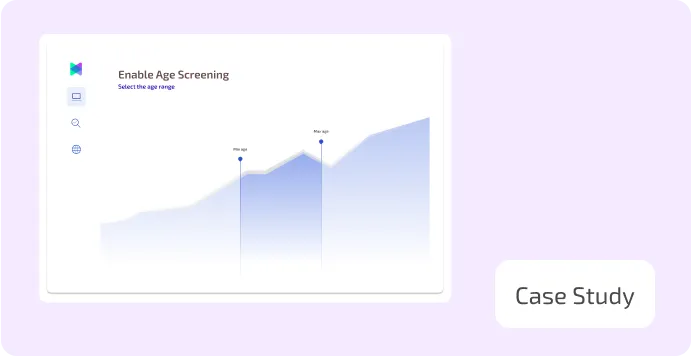
How Aseel reduced onboarding time by more than 87% using FOCAL
Learn how FOCAL empowered Aseel to achieve new milestones.
.svg)
.svg)
Mastering Fraud Prevention: A Comprehensive Guide for KSA and MENA Businesses
51% of organizations fell victim to fraud in the last two years, don't be caught off guard, act proactively.
.svg)
.svg)
Featured blog posts
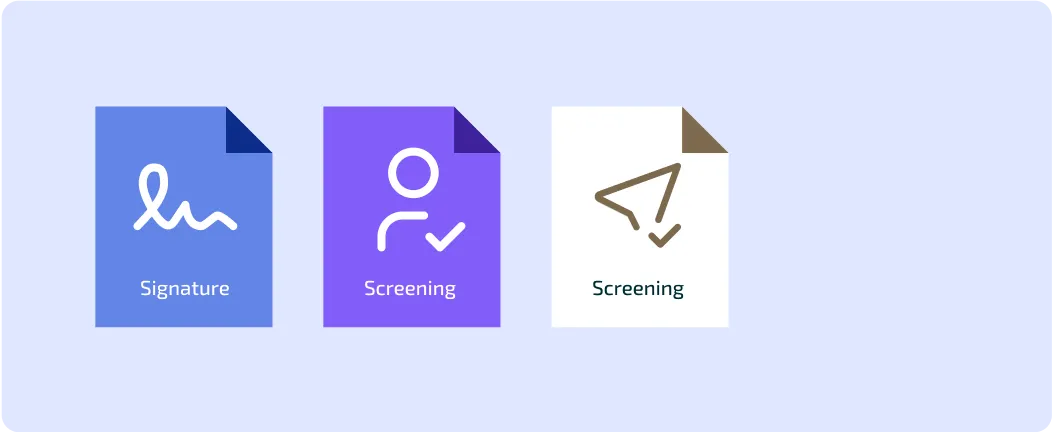

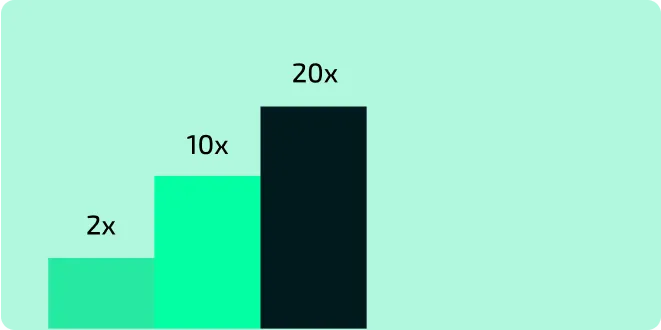
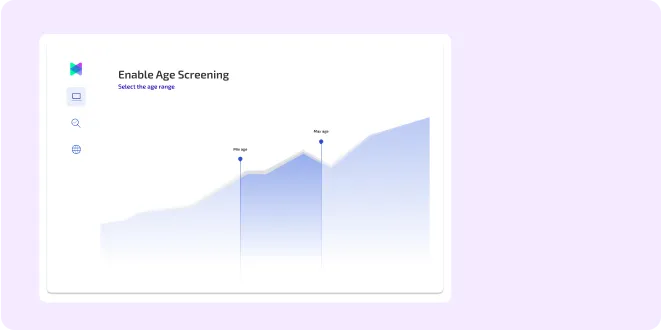
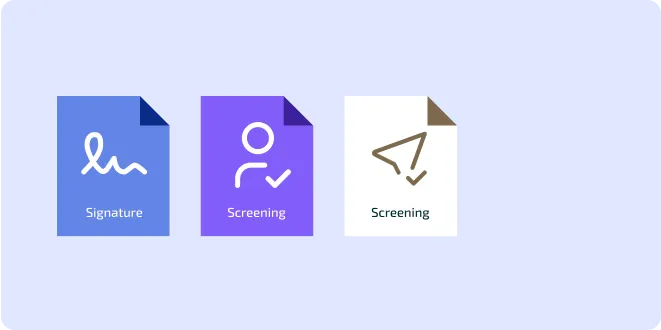
AI-Driven Precision in Fraud Risk and AML Compliance
.svg)
.svg)

.svg)
.png)




.svg)


.webp)


.webp)
.webp)


.svg)








%20(1).webp)
Comments
Leave a Reply
Comment policy: We love comments and appreciate the time that readers spend to share ideas and give feedback. However, all comments are manually moderated and those deemed to be spam or solely promotional will be deleted.